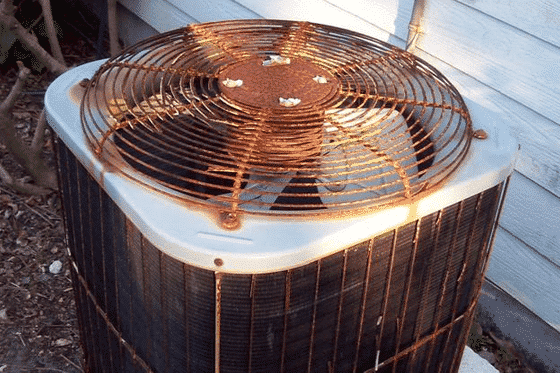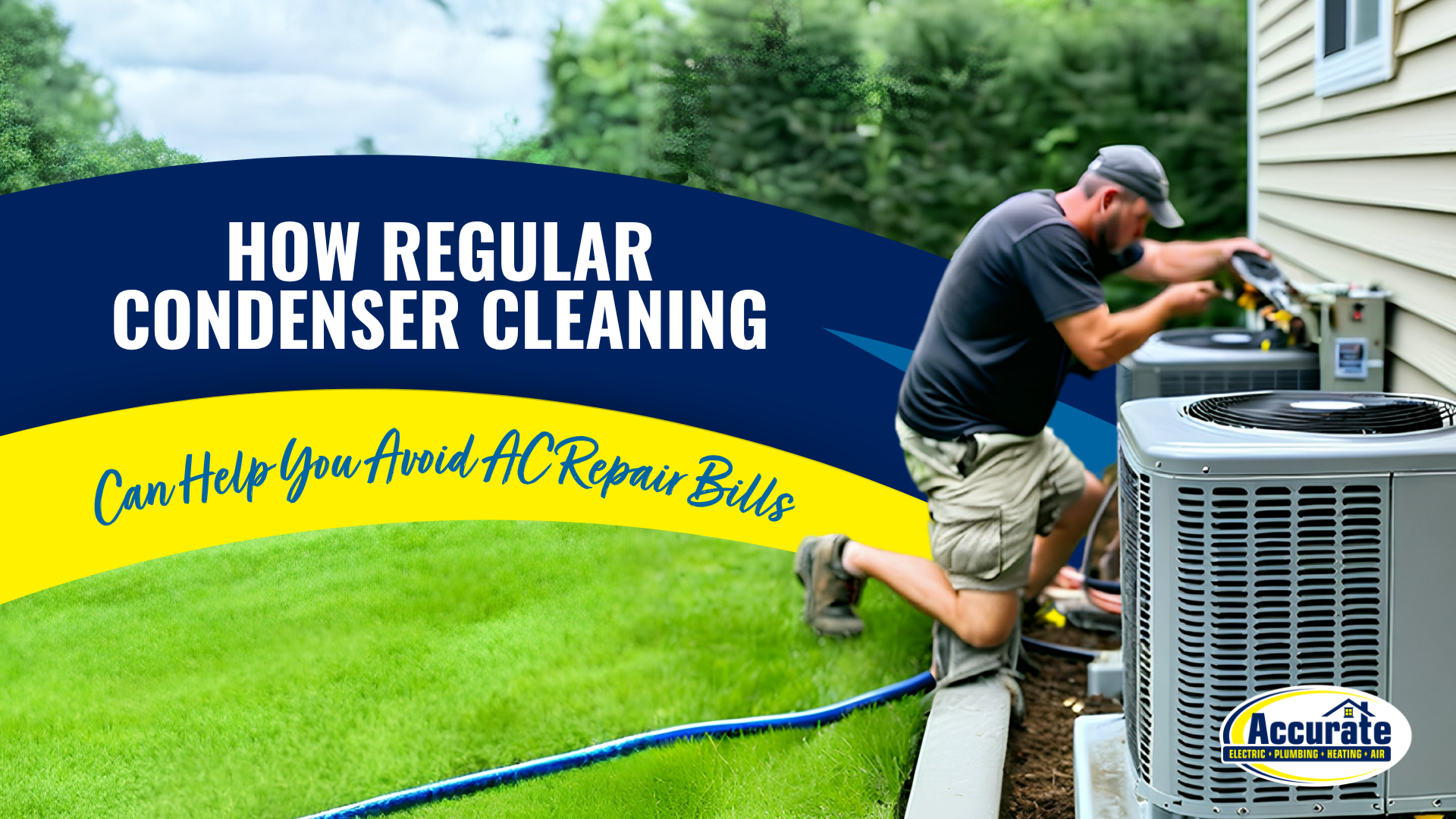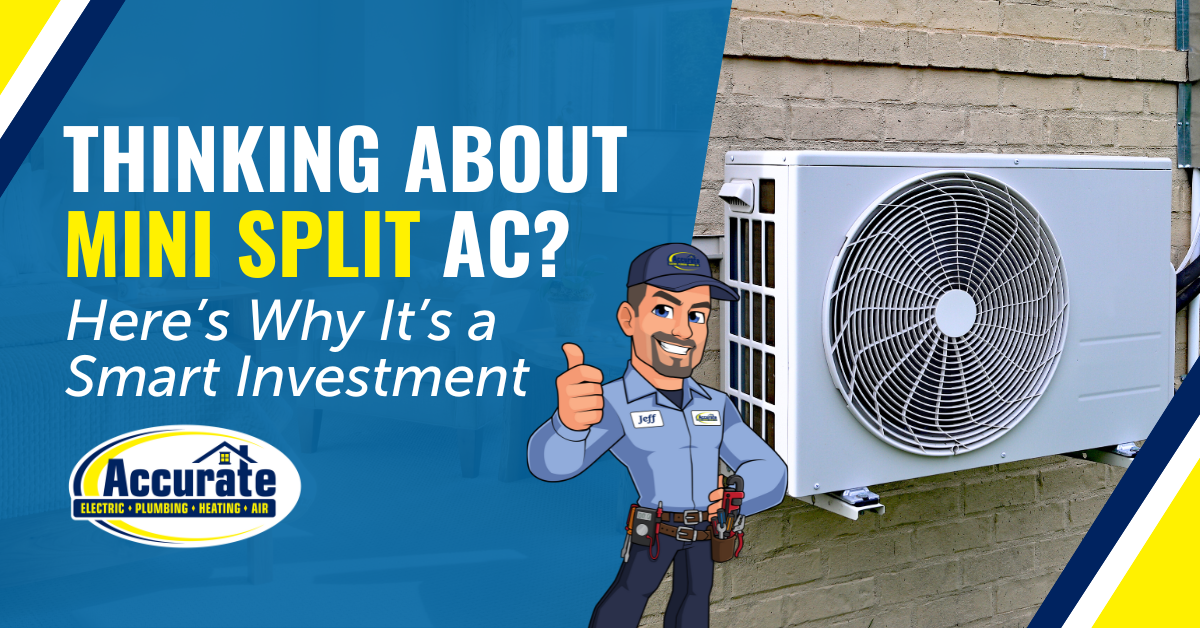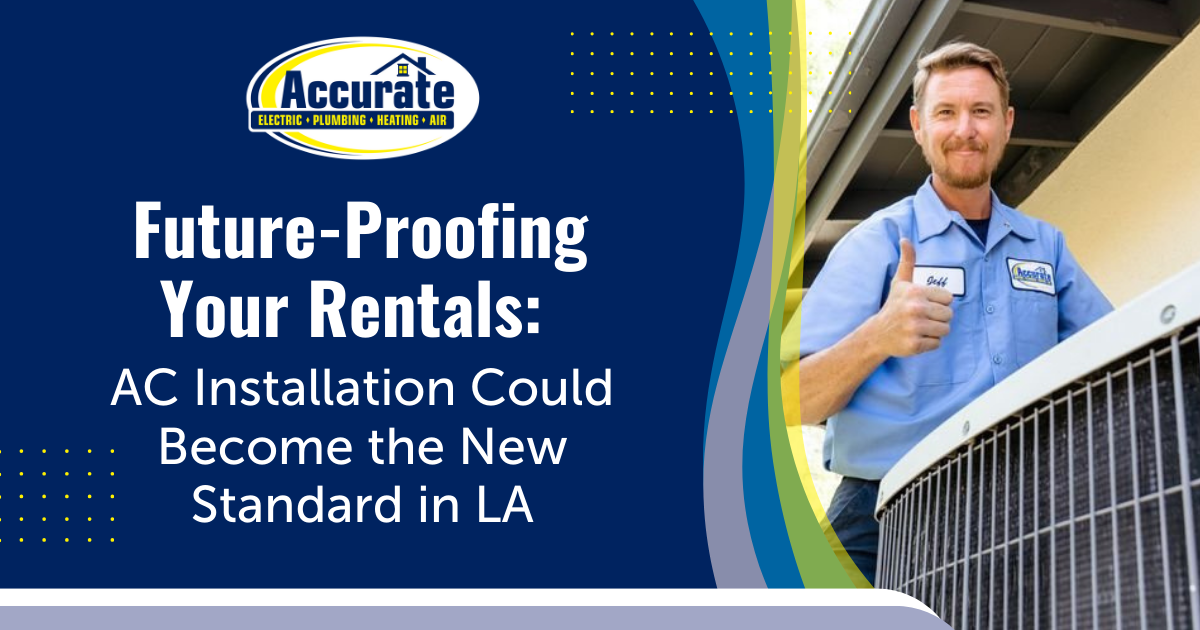You were hoping until the end of time. We all were, but unfortunately, just like the Dinosaurs, nothing lasts forever. It’s possible for some things, like the Dinosaurs, to try and make a comeback, but that only happens in the movies. Your central air and heating system are real life. You breathe air in your home every day utilizing the temperature settings and airflow when the elements of nature decide to be less than kind. We could ‘Accurately’ tell you that time is more of a concept depending on the variables, but that would be a super complex answer. So here’s the deal:
Typically Central Air Conditioners have a lifespan of about 12 to 15 years. The average lifespan of a new heating system or furnace is 16 to 20 years. That’s an estimated answer without the complicated scenarios or real data if you like round numbers. Our goal isn’t to rush you out into the world to make a purchase on a new unit. We aim to provide you information that can help figure out when your Air Conditioning System and Heating System has passed their prime.
Living in Southern California is quite different from living in Minnesota, New York, or even Nebraska. There are certain factors that play a role in determining how long HVAC units last. Between running times, performance value, geographical location, and the cost of repairs, your HVAC units is on its own schedule.
Running Cycle
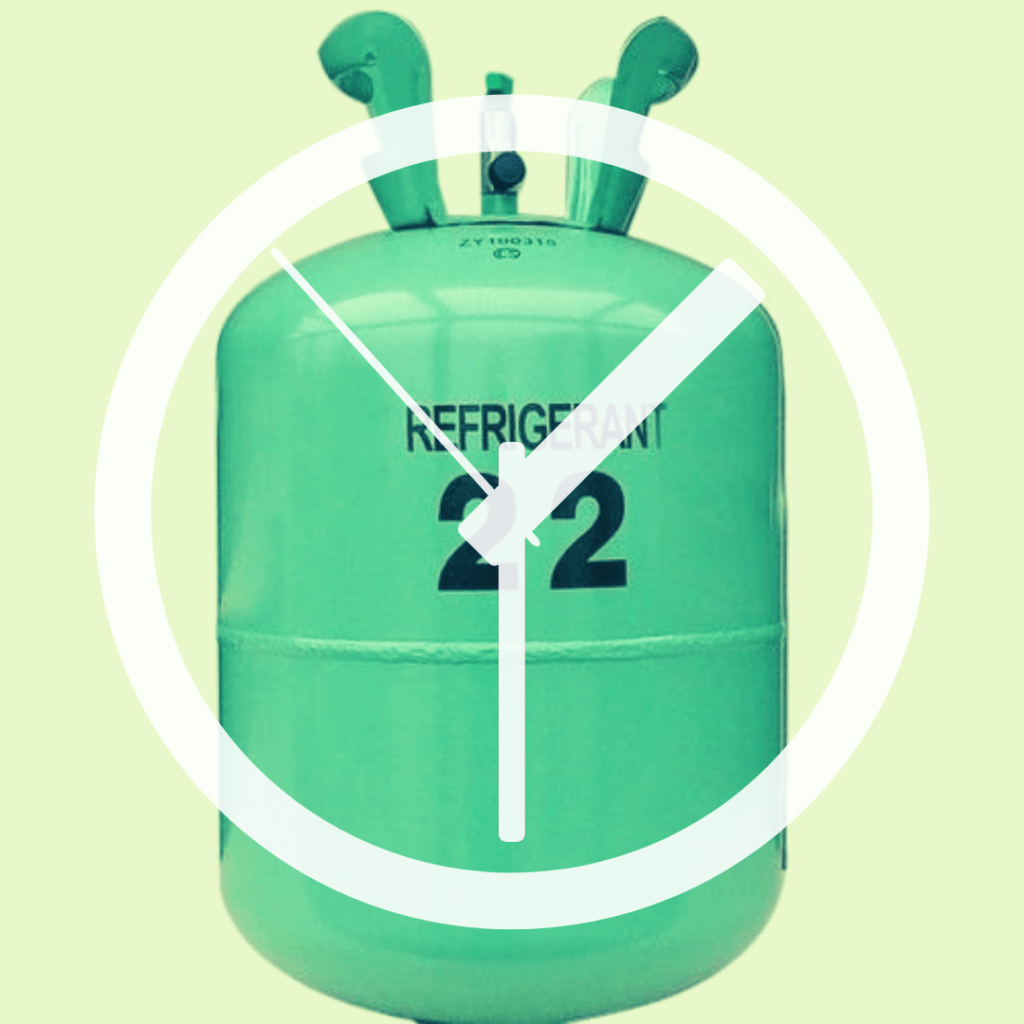
While your air conditioner can last 12 to 15 years, depending on the wear and tear, it may be less than that if you are blasting it all year long. The most expensive part of the air conditioner is the compressor. If the compressor gets worn or fails and your unit has survived past its warranty, this is a good time to purchase a new air conditioner.
With the recent ending of R-22 refrigerant as well, the sun is setting for older air conditioner units. Since the EPA has ceased all R-22 manufacturing, many older units are being retrofitted for an alternate refrigerant chemical called R-410A. However, these retrofits over time prove to run your units into the ground and at less than desirable capacities so you’ll miss getting the most out of your system, but the power bills may not show that.
In a heating unit, the heat exchanger is the most expensive part. In regions like Minnesota and the northern central states, heaters are utilized more frequently than Southern California and at higher capacities. Whether or not you use your heater that often in Orange County or Los Angeles County, the main key to knowing when it’s time to upgrade is if your heat exchanger is cracked. If your unit has surpassed the warranty period, the real investment would be to get a brand new heater than to try and salvage one that may end up failing you at the worst time possible.
On-off cycling can really burn out your air conditioner or your heater. The on-off cycles are hard on the electronic parts. Technicians consider the starting and stopping of these units as the natural wear and tear. With hard contractions of the heath exchanger and the start-up period being the hardest on the compressor of your air conditioner, if the units are older this really runs down the electrical components of the machine. Upgrading may be the best solution if parts become no longer available or you find yourself waiting more and more for ordered parts.
Geographical Location
The hot summers and chilly winters inflict their worst on our home systems. If you run your units at higher capacities this can eventually wear down all the electrical parts. One way to figure out if your unit is lasting as long as it should is it try and conduct your own temperature readings near vents and in different rooms. With longer summers and shorter winters, the Southern California region might present itself as a place that has a lot of air conditioner turnover.
However, with less use of the heating systems, it’s possible many homeowners don’t keep up on preventative maintenance so when they do run their heaters, there are quite a bit of failures. With the build-up of a variety of chemicals in the air (while living on the coast has many positives) these chemicals wear and tear at the electronic parts of HVAC units.
Sulfur and saltwater have a tremendous effect on metal, plastic and the interior of our ventilation systems. If you put off cleaning your HVAC units or only servicing them every three to four years, it’s possible even by living inland that the salt in the air will erode away parts of your unit. It’s important to remember that just because the temperature extremes don’t top or bottom out the way they do in the Northeast or Midwest, that our HVAC units aren’t safe from eventually turning over. You can expect about 14 good years on the coast of California depending on your usage and ongoing maintenance.
Cycle-Running
How often you are running your HVAC units and at what temperatures can be the defining difference of longevity. Just like a car, if you floor it every single time you are going to burn the motor out.
Think about the behavior or day-to-day routines you are conducting at home. Are you opening the doors all the time while the air conditioner is blasting cool air? Are you lounging on a couch reading next to an open window while it feels like there is a fire in the middle of your living room?
If you set the thermostat at lower or higher temperatures to get cooler or warmer faster, this runs the system really hard. If you do want your older unit to last longer, run the cooler temperatures at a higher degree and run the warmer temperatures at a lower degree. You can always take other actions to help your cause. Blankets and fans work the best.
Performance Value
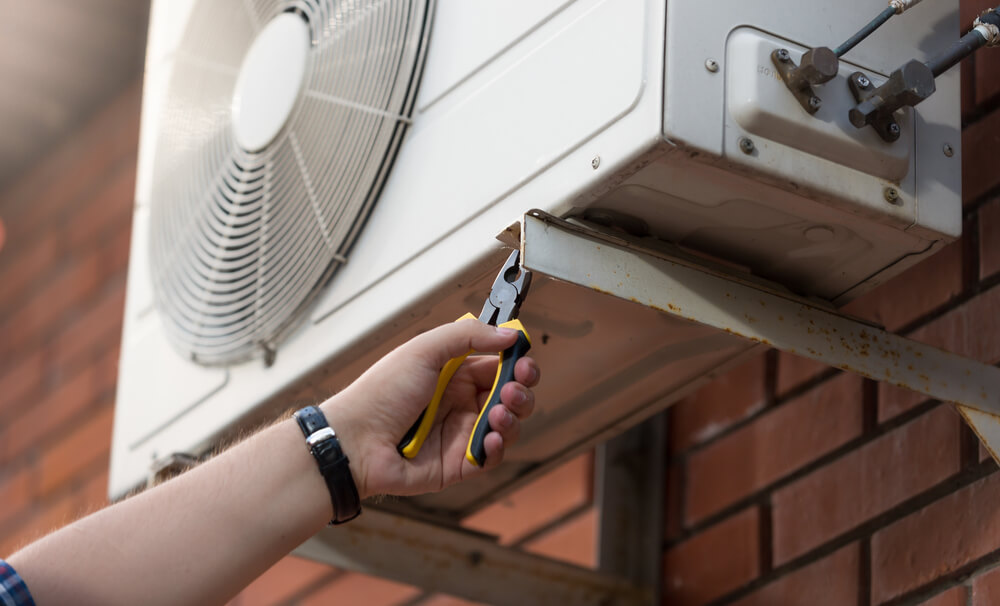
You can say your air conditioner and heater are still working, but if they are not functioning at full capacity, has your HVAC unit already failed you? At what point do you sacrifice efficiency and settle with a system that’s only giving you a good 70%. Performance value should be evaluated when deciding how long your HVAC unit will last. If the cold air doesn’t seem cold enough or the warm air doesn’t seem to heat the room the way it used to, it’s probably time to make the switch.
New technology has made efficiency so much more capable at evening out temperatures in multiple rooms of the house. Plus, most of the newer units are using a considerable less amount of power. Many of the newer HVAC models operate in more than one type of mode and can really save you big money in the long run. And don’t get us started on smart thermometers and how they can help you save.
Cost of Replacement
If the cost to maintain your unit or keep it running has encroached on the total amount you have paid for it, cut it loose. It’s not worth it to your family or yourself to continually invest money into a never-ending problem unless you find this unfortunate scenario somehow comforting. Do you have a special place in your heart for that air conditioner in your backyard, or do you just like the rattle and clanging noises your heater makes when you turn it on in December?
If your HVAC unit is older than fifteen years and you have been spending more and more money to maintain a comfortable temperature, you can at least browse the market to see what’s out there.
If you have any questions regarding your HVAC system or individual units, call us today and we can answer them for you.


